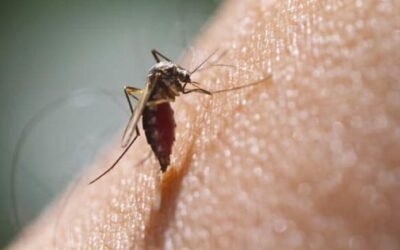WHO recommends that children aged six to 23 months should aim for minimum dietary diversity (MDD) by including five out of the eight recommended food groups in their diet (refer to the graphic). Children who consume fewer than five of these food groups are classified as failing to achieve minimum dietary diversity (MDDF) according to WHO guidelines.
New findings in Maharashtra reveal that more than 80% of children aged between six and 23 months have a deficient and monotonous diet, failing to meet the diversity standards set by the World Health Organization. This issue is particularly concerning in a state like Maharashtra, where statistics indicate that one in four children suffers from malnutrition.
WHO states that children aged six to 23 months should achieve minimum dietary diversity (MDD) by including at least five out of the eight recommended food groups in their diet (refer to the graphic). Children who consume less than five of these food groups are classified as failing to meet the minimum dietary diversity criteria (MDDF).
According to a study in The National Medical Journal of India by the All India Institute of Medical Sciences, more than 75% of children in India fall under the MDDF category. Gaurav Gunnal from the International Institute for Population Sciences, Deonar, noted that there has been a slight decrease in MDDF prevalence from 87% in the National Family Health Survey-3 to 77% in NFHS-5 conducted between 2019 and 2021.
Among the Indian states, Maharashtra, Uttar Pradesh, Rajasthan, and Gujarat, among others, recorded a significant MDDF exceeding 80%. Conversely, merely 95 districts scattered across the southern, eastern, and northeastern regions of the country exhibited a lower prevalence of dietary failure, standing at 60% or below.
Gunnal and co-author Dhruvi Bagaria from the Indian Institute of Public Health in Gandhinagar observed that a greater proportion of children facing dietary challenges were females, belonged to lower socio-economic strata, did not access food from anganwadi centres, and were born to younger mothers. They highlighted the significance of dietary diversity in addressing micronutrient deficiencies crucial for optimal growth and development. Inadequate nutrition heightens the likelihood of impairments in motor and cognitive skills, learning difficulties, compromised immunity, sluggish metabolism, memory issues, and heightened vulnerability to infections.
The National Family Health Survey-5 reveals that 1 out of 3 kids in India suffer from underweight and stunted growth, and 1 in 5 kids experience wasting. Dr. Abhay Shukla from Jan Swasthya Abhiyan highlighted that Maharashtra has the poorest ranking among states in terms of “wasting” (over 25%) and “severe wasting” (over 10%). He emphasized that these vulnerable children are highly susceptible to fatal infections.












































































































